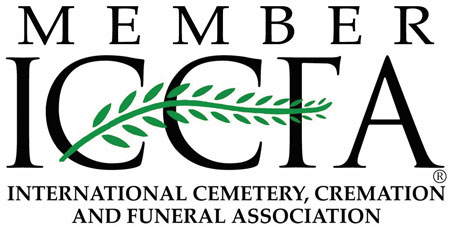Q: What if I don’t want to have a funeral service?
Oops! We could not locate your form.
Transcript
Um, I like to remind people, you know, you are not at your funeral. The impact of your death on those in whom you’ve invested into love and relationship with, ah, it’s really for them. So allowing people to meaningfully engage, “What does it mean now that I’m dead?” Um, that’s an important question and you need to allow for a response to happen. We need to answer the question, “How do we say goodbye?”
I quite often have where a couple comes in and one says, “Well, I’d like a service for her, but nothing for me. Just keep it simple.” We hear that a lot. I think it comes from a place of, “Don’t bother. I don’t want to be nuisance.” When I’ve turned the tables on the person who sometimes makes that statement themselves saying, “Well, for your daughter, your mother, your wife, your loved one? Would you like a service for them? Would you like to pay tribute, honour what role they’ve played in your life and the influence they’ve made?” They are usually, “Yeah, I, I would do that for them”. They don’t think about, if that’s the need that you have, why is it that you would refuse them the ability to do the same for you?
We often find out after the fact that, that people decide, “You know, we should have had something. We should have done something.” Sometimes the decedent says, “You know, just, you know, just cremate me and throw me in the river, uh, where I used to fish.” And they are caught, the family’s caught – they, they feel like they need something but they feel like to do so would be to dishonour their loved one’s wishes.
But having something that solidifies the experience, that helps bring community together, and establish the connections of significance of your life, um, is really the heart of what a good funeral or memorial event actually is. It’s what we’re trained in, it’s what we specialize in, uh, it’s what we really care about.





